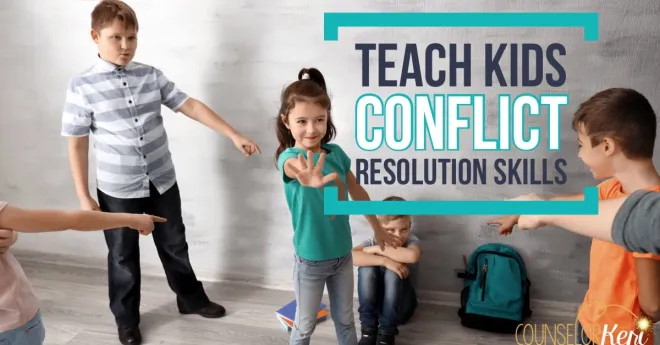As a parent, it’s natural to want to mediate every argument between your kids. However, sometimes the best approach is to let them work it out on their own. Allowing children to resolve their own disputes teaches them essential life skills like communication, empathy, and problem-solving. This hands-off method can strengthen sibling relationships and give kids the tools they need to handle future challenges independently.
1. Fostering Independence and Problem-Solving
When children learn to navigate conflicts without parental intervention, they gain critical problem-solving skills. They figure out how to communicate their feelings, negotiate, and find solutions. In the real world, they won’t always have someone to mediate every disagreement, so this practice is essential.
2. Building Emotional Intelligence
By letting kids resolve their conflicts, they develop emotional intelligence. They start to understand the perspectives of others, learn to apologize, and manage their emotions in stressful situations. This understanding builds empathy and helps them become more emotionally aware adults.
3. Strengthening Sibling Bonds
Sibling rivalry is common, but working through those disagreements independently can actually bring siblings closer. When children are forced to rely on one another to find a resolution, they strengthen their bond and develop a deeper understanding of each other.
4. Reducing Dependence on Parents
If parents always step in, children might rely too heavily on external intervention. By encouraging them to work things out, they learn self-reliance. This gives them a sense of confidence and agency, knowing they can handle difficult situations without always turning to adults for help.
5. Teaching Conflict Resolution Skills for Life
The skills children learn when resolving their own conflicts are invaluable in all areas of life. These include negotiation, compromise, and the ability to express oneself clearly. These experiences help prepare them for school, work, and adult relationships.
6. Knowing When to Step In
While it’s beneficial to let children resolve their own issues, it’s important to recognize when to intervene. If the conflict becomes harmful or if one child is consistently overpowered, a parent should step in to ensure fairness and safety.
7. Encouraging a Positive Conflict-Resolution Culture
By creating a home environment where children are encouraged to solve their problems constructively, parents can foster a culture of respect and cooperation. This proactive approach to conflict helps kids grow into more thoughtful and independent individuals.
Conclusion: Trusting the Process
Letting children resolve their conflicts may feel difficult for parents at first, but it’s a vital part of helping them grow. It teaches independence, emotional intelligence, and strengthens sibling bonds. While it’s essential to monitor for fairness, allowing space for them to figure it out can lead to remarkable growth in their relationships and individual character.

